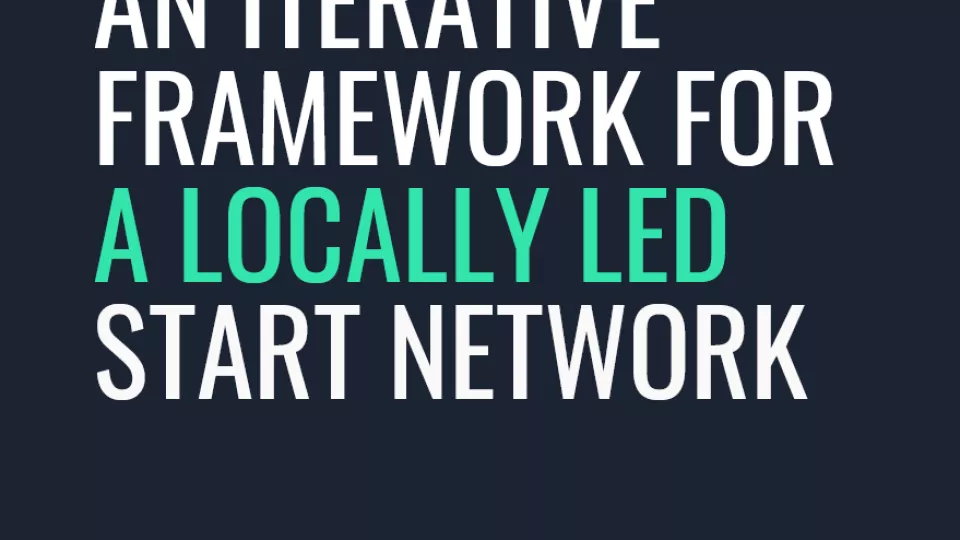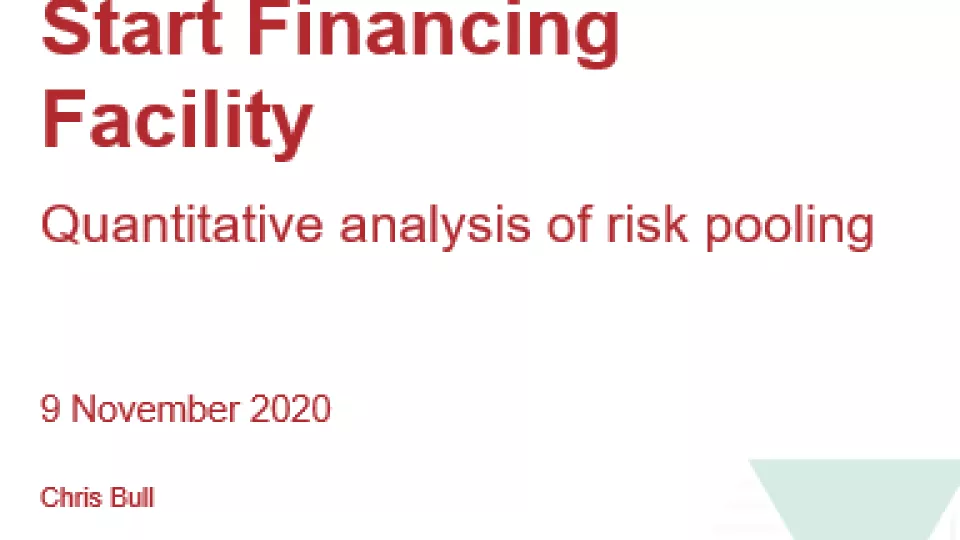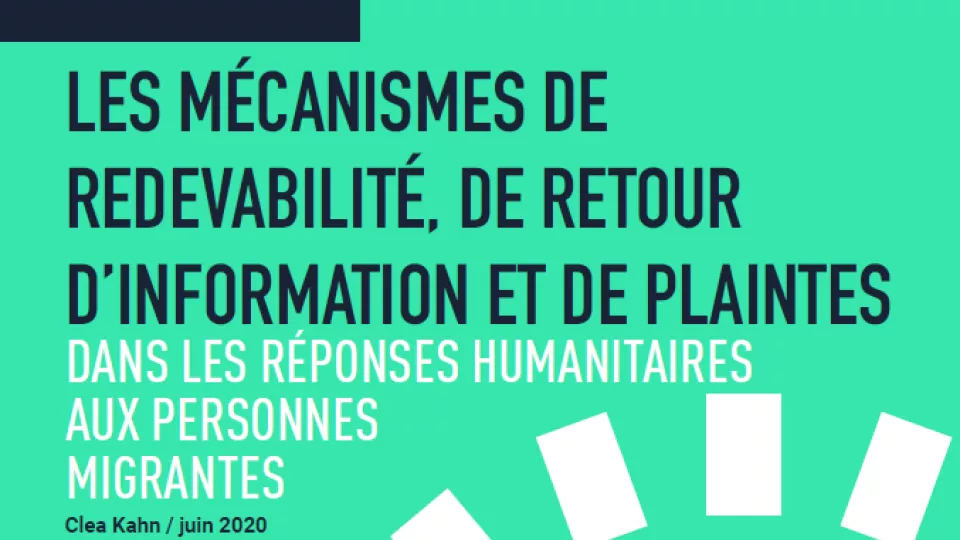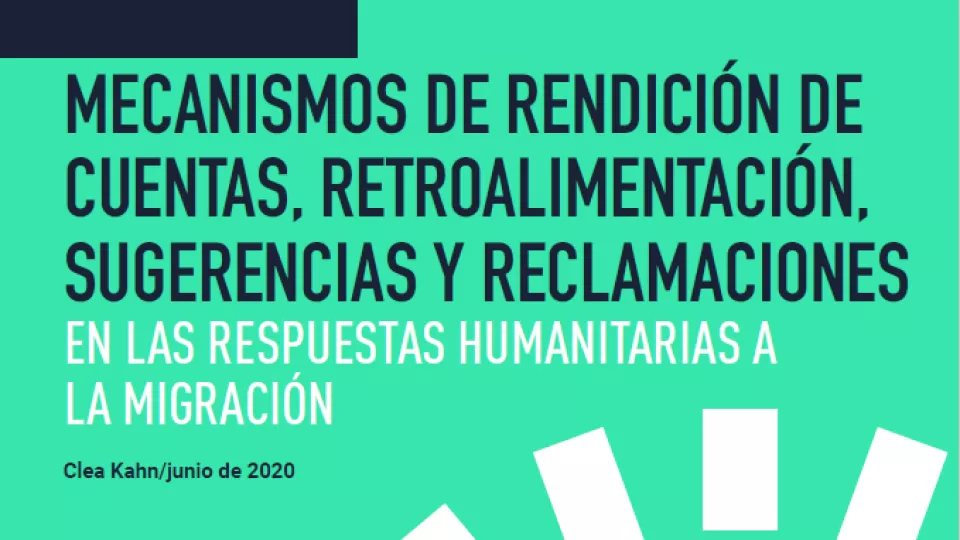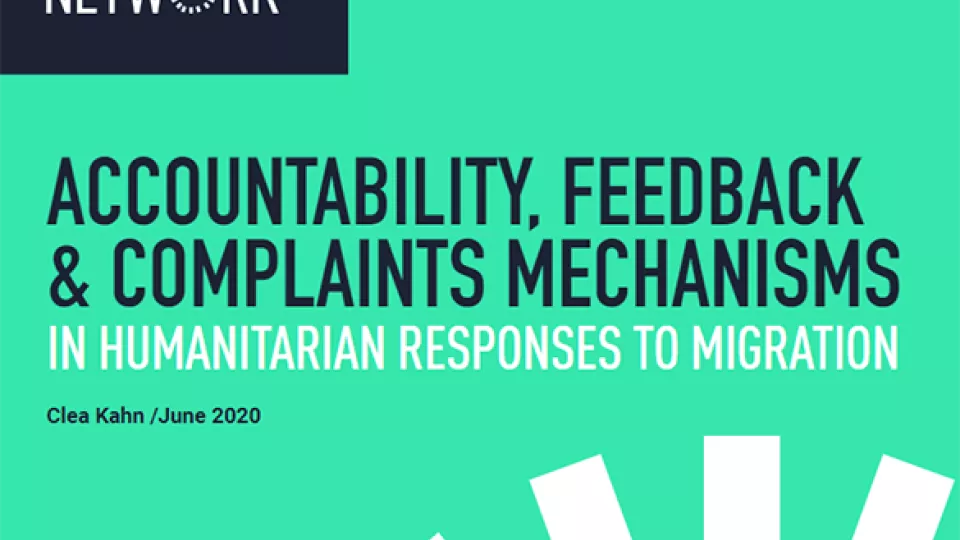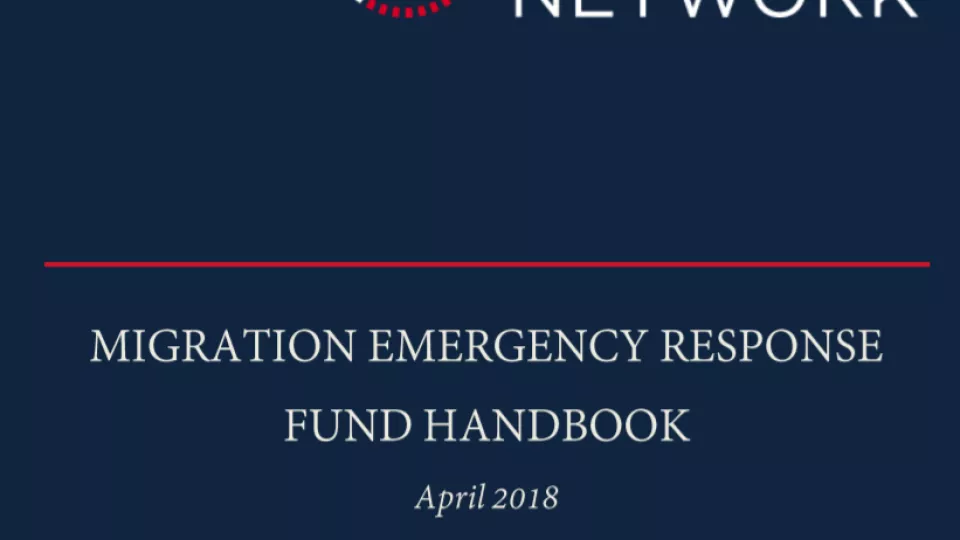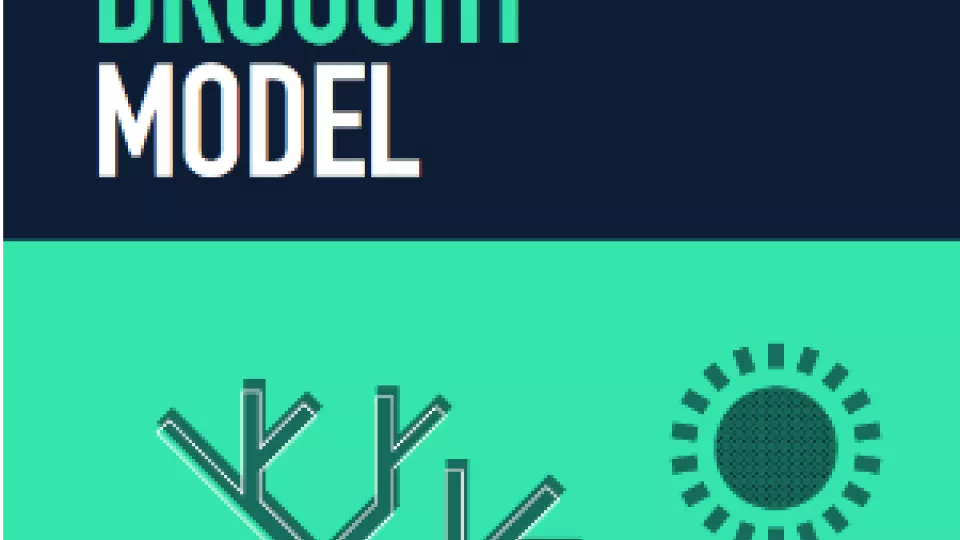
Pakistan Drought Model
Since 2017, Start Network members in Pakistan, have been developing Disaster Risk Financing (DRF) Systems that allows civil society actors in-country to pro-actively manage disaster risks (such as droughts, heatwaves, and floods). Reducing the impacts of weather extremes and disasters is a fundamental part of building longer-term climate resilience. By quantifying risks in advance of disasters, pre-positioning funds, and releasing them according to pre-agreed plans, enable earlier action and reduce the costs of disasters considerably ensuring that the right assistance reaches the right people at the right time. This is all done through the scientific modelling of hazards, collaborative development of contingency plans and the establishment of pre-positioned financing to enable earlier, more predictable, and better-coordinated assistance to communities affected by predictable disasters.

